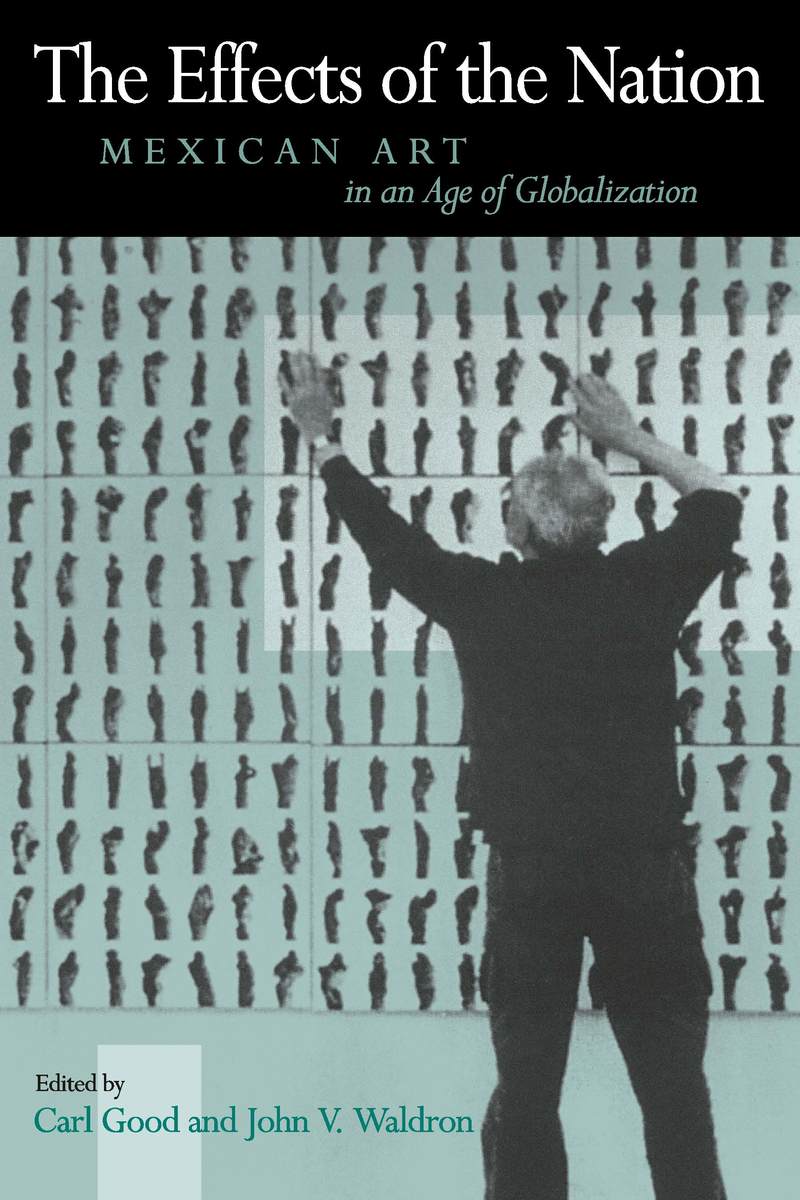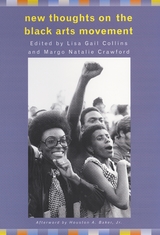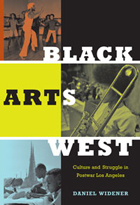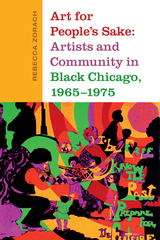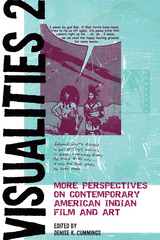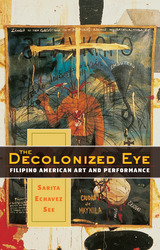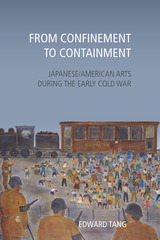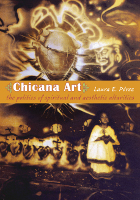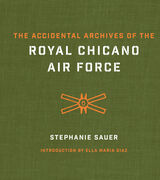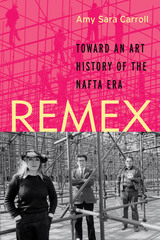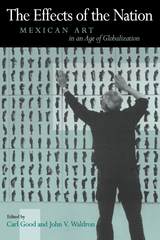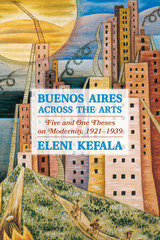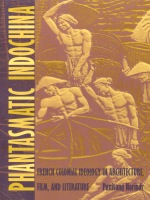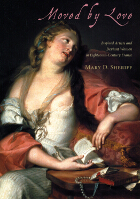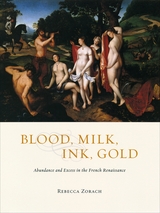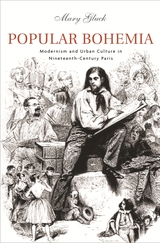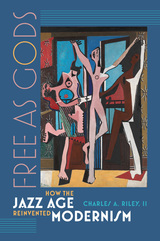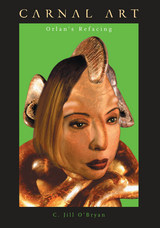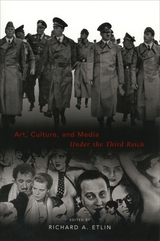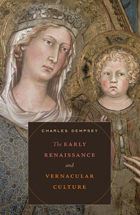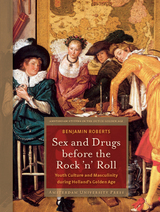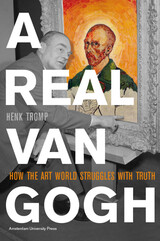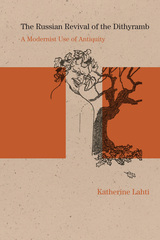Effects Of The Nation: Mexican Art In Age Of Globalization
Temple University Press, 2001
Paper: 978-1-56639-866-4 | Cloth: 978-1-56639-865-7 | eISBN: 978-1-4399-0176-2
Library of Congress Classification NX514.A1E36 2001
Dewey Decimal Classification 700.9720904
Paper: 978-1-56639-866-4 | Cloth: 978-1-56639-865-7 | eISBN: 978-1-4399-0176-2
Library of Congress Classification NX514.A1E36 2001
Dewey Decimal Classification 700.9720904
ABOUT THIS BOOK | AUTHOR BIOGRAPHY | REVIEWS | TOC | REQUEST ACCESSIBLE FILE
ABOUT THIS BOOK
What is the effect of a "nation"? In this age of globalization, is it dead, dying, or only dormant? The essays in this groundbreaking volume use the arts in Mexico to move beyond the national and the global to look at the activity of a community continually re-creating itself within and beyond its own borders.
Mexico is a particularly apt focus, partly because of the vitality of its culture, partly because of its changing political identity, and partly because of the impact of borders and borderlessness on its national character. The ten essays collected here look at a wide range of aesthetic productions -- especially literature and the visual arts -- that give context to how art and society interact.
Steering a careful course between the nostalgia of nationalism and the insensitivity of globalism, these essays examine modernism and postmodernism in the Mexican setting. Individually, they explore the incorporation of historical icons, of vanguardism, and of international influence. From Diego Rivera to Elena Garro, from the Tlateloco massacre to the Chiapas rebellion, from mass-market fiction to the film Aliens, the contributors view the many sides of Mexican life as relevant to the creation of a constantly shifting national culture. Taken together, the essays look both backward and forward at the evolving effect of the Mexican nation.
Mexico is a particularly apt focus, partly because of the vitality of its culture, partly because of its changing political identity, and partly because of the impact of borders and borderlessness on its national character. The ten essays collected here look at a wide range of aesthetic productions -- especially literature and the visual arts -- that give context to how art and society interact.
Steering a careful course between the nostalgia of nationalism and the insensitivity of globalism, these essays examine modernism and postmodernism in the Mexican setting. Individually, they explore the incorporation of historical icons, of vanguardism, and of international influence. From Diego Rivera to Elena Garro, from the Tlateloco massacre to the Chiapas rebellion, from mass-market fiction to the film Aliens, the contributors view the many sides of Mexican life as relevant to the creation of a constantly shifting national culture. Taken together, the essays look both backward and forward at the evolving effect of the Mexican nation.
See other books on: Art and society | Arts, Mexican | Effects | Nation | National characteristics in art
See other titles from Temple University Press
